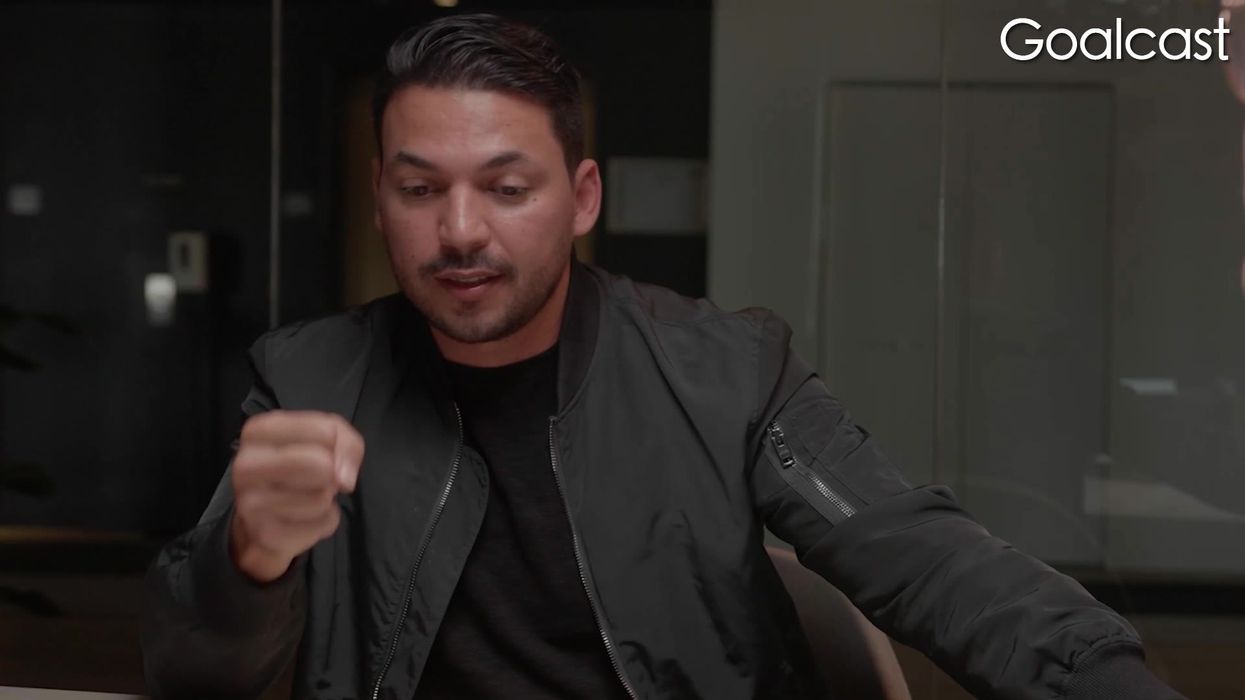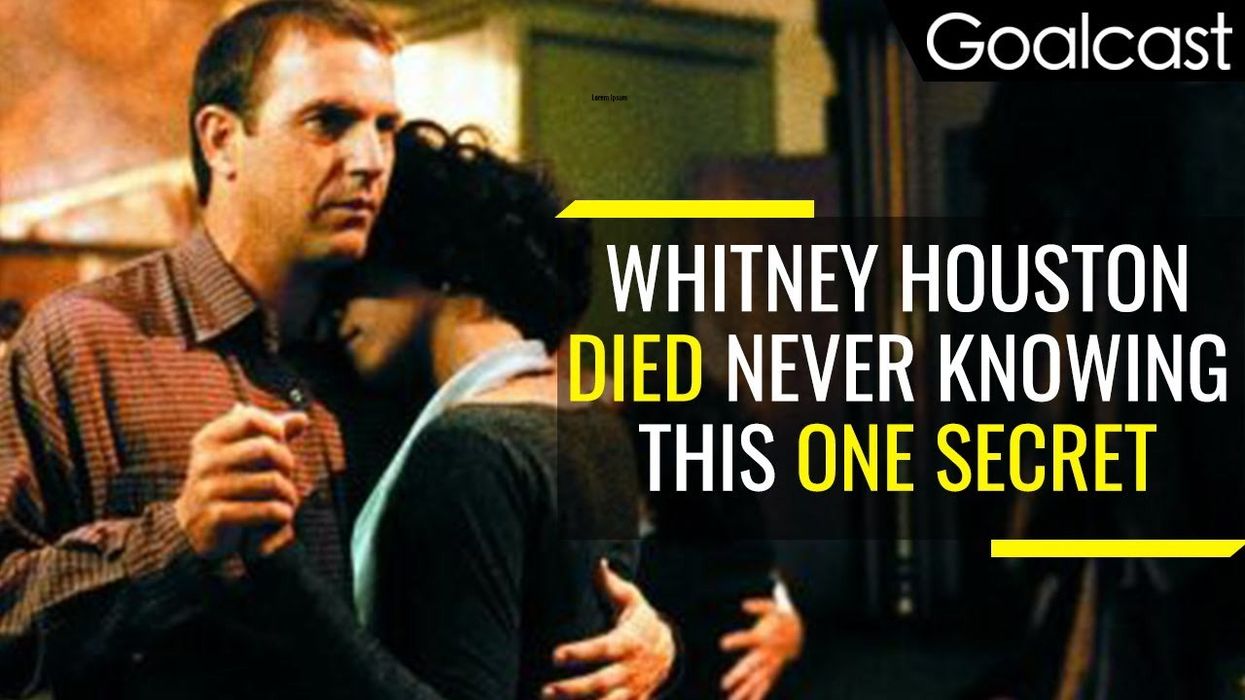
7 Key Differences Between People Who Succeed and People Who Self-Sabotage
Sometimes we're our own worst enemy. Procrastination, self-doubt, denial, and laziness are just some of the ways we hold ourselves back from achieving true success.
While there are ways to overcome self-doubt and a wealth of tips on how to be successful, sometimes we simply need a wake-up call to fully become aware of the problem and begin the change.

Here are the habits and traits of successful people versus people who self-sabotage and never reach their goals. If you find yourself in the latter, don't take it as an insult, but a well-intended (and necessary) nudge for you to focus on turning it around.
1. Don't make excuses vs. Find a way to avoid action
When you really want to do something, you make it happen. When you don't want to do something, you make excuses.
Successful people are known to never let any reason get in the way of what they want. Self-sabotaging people let even the smallest inconvenience be enough to postpone or cancel their plans. If you find yourself making excuses for something you supposedly want, take a closer look to find the real reason why you're avoiding it.
2. Take responsibility vs. Blame everything else
There are always ups and downs in our careers and lives in general, but there is a key difference in how successful and self-sabotaging people handle them.
Successful people recognize what went wrong and take responsibility for their failures. Self-sabotaging people avoid being held responsible and blame just about everything and everyone.
Being too afraid to accept responsibility for your own shortcomings makes you seem untrustworthy and also prevents you from learning from your mistakes. So own up to your failures and offer a solution so that it never happens again.
RELATED VIDEO:
3. Embrace change vs. Fear change
Change brings new horizons and new challenges into the game. If you're stuck in your ways and reject anything that goes against the status quo, you will never learn anything new.
Successful people embrace this fast-moving world and adapt to the changes within it. Self-sabotaging people avoid change and prefer to remain in denial.
Try to open yourself up to unplanned changes in life to give yourself the chance of gaining a fresh perspective or discovering new opportunities you never knew existed.
4. Set goals and plans vs. Hope things happen
Richard Branson always insists that making lists of your ideas and goals is essential to making them happen.
This is why successful people often keep a journal or carry a notebook so they can jot down their goals and turn them into plans. Self-sabotaging people let their ideas pass by and simply hope that "one day" things will magically work out so their dreams become possible.
If you're clinging to hope instead of scribbling down your goals, it's time to realize the only way your dreams will happen is if you make an effort. Start by writing them down.
RELATED VIDEO:
5. Keep learning vs. Think they know everything
Stanford psychologist Carol Dweck found that there are two mindsets: a growth mindset and a fixed mindset.
Successful people adopt a growth mindset where they're constantly looking to learn something new. For example, Elon Musk is already a genius to many, but he makes it a point to learn from others whenever he can.
On the other hand, non-successful people have a fixed mindset where they don't bother learning anything because they "already know enough". If this is you, enroll in a course or find people who have already succeeded and learn from them.
6. Overcome challenges vs. Give up easily
No path is without obstacles, but how you deal with them makes all the difference. Successful people persist in the face of setbacks, whereas self-sabotaging people tend to see them as "too hard" and more than enough reason to give up.
When an obstacle pops up, take a moment to dissect it, understand it, and find a way around it. Take a break if you feel overwhelmed, but never give up.
7. Read constantly vs. Watch TV constantly
According to Business Insider, various studies found that reading books reduces stress, increases empathy and intelligence, and keeps your brain strong as you age. In contrast, watching TV or binging series usually comes with unhealthy snacking and mindless entertainment. None of which help you in your journey and certainly don't benefit your physical health either.
This is why successful people make time to read whenever possible. Here is a list of the favorite books of successful CEOs you can get started on today.































